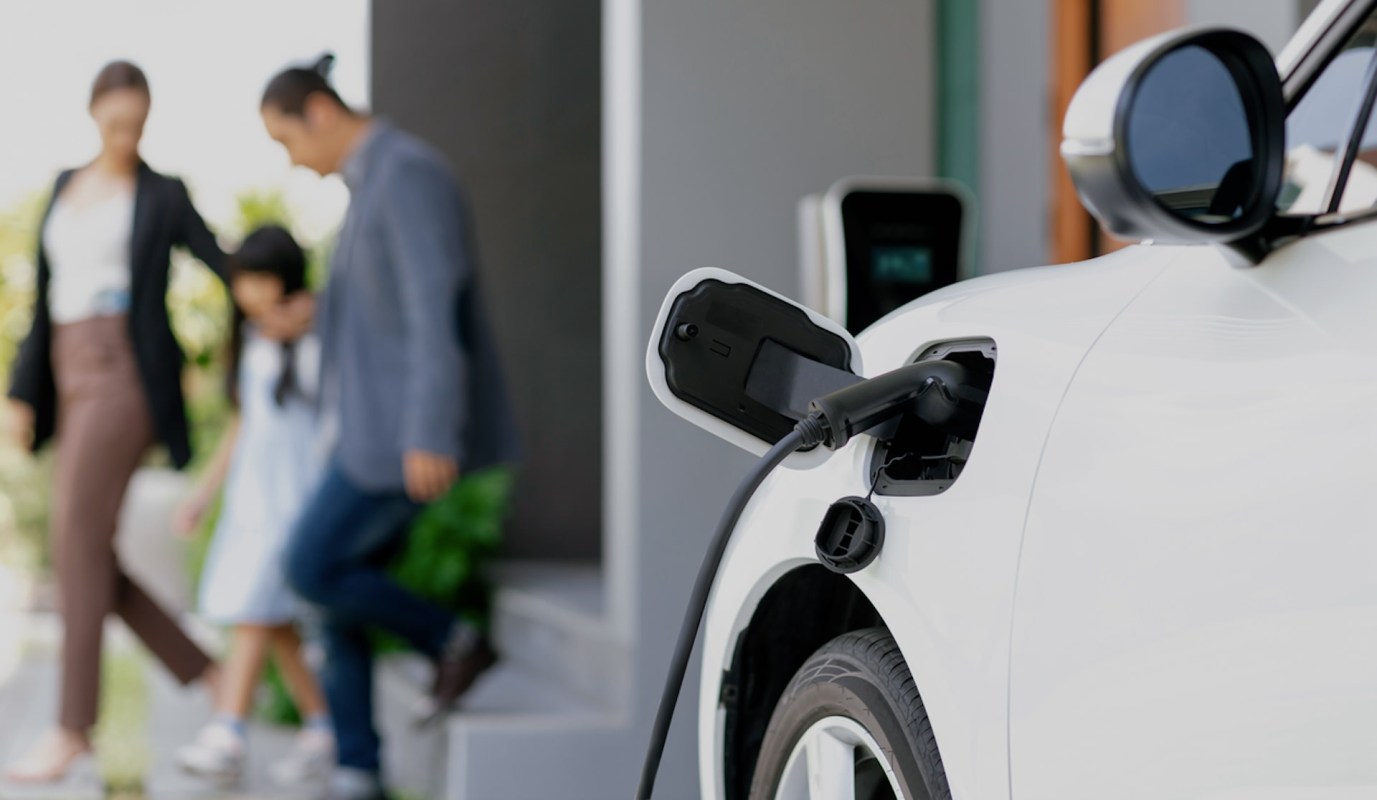Electric cars are growing in popularity, with motorists drawn in by lower refueling costs and the reduced maintenance of clean vehicles compared to internal combustion engine machines.
Surprisingly, however, the American Lung Association has found that children especially can benefit from electric cars, even though they won't be driving them.
A study from the organization examined what the world would look like if all new vehicles sold by 2035 were powered by electricity rather than dirty fuel, and the results were promising.
This notable shift could lead to almost 2.8 million fewer asthma attacks among children and reduce upper and lower respiratory symptoms in kids by 2.67 million and 1.87 million, respectively.
That's alongside 147,000 fewer acute cases of bronchitis and a reduction in the infant mortality rate by 508 cases.
The Verge summarized the American Lung Association's findings, and the organization's national assistant vice president for healthy air told the publication that such a shift in vehicle-buying habits would most benefit kids' health because their lungs are still developing.
"Kids are at greater risk of air pollution, their lungs are still growing," Laura Kate Bender told The Verge. "I can say that as a person growing up with asthma, [it] put me in the ER more often than I think my parents would have liked."
According to the Environmental Protection Agency, the transportation sector is responsible for 45% of nitrogen oxide pollution in the U.S., alongside a percentage of volatile organic compounds and particulate matter pollution. These all reduce air quality and increase the risk of respiratory illnesses, among other health concerns.
But the American Lung Association's findings would also depend on all heavy-duty vehicles sold by 2040 being electric and a grid completely independent of dirty energy sources. Bender told The Verge that the future of electric vehicles and a zero-pollution power grid are "inseparable" regarding positive health outcomes.
While this is an ambitious outlook for the future, Bender noted that more robust pollution reduction targets for gas-guzzling vehicles are important to work toward now.
"That would mean that even as automakers continue to make gas-powered vehicles, that they would actually be cleaner," Bender told The Verge. "So there are real gains to be made even with the rules on the table."
Join our free newsletter for weekly updates on the coolest innovations improving our lives and saving our planet.









